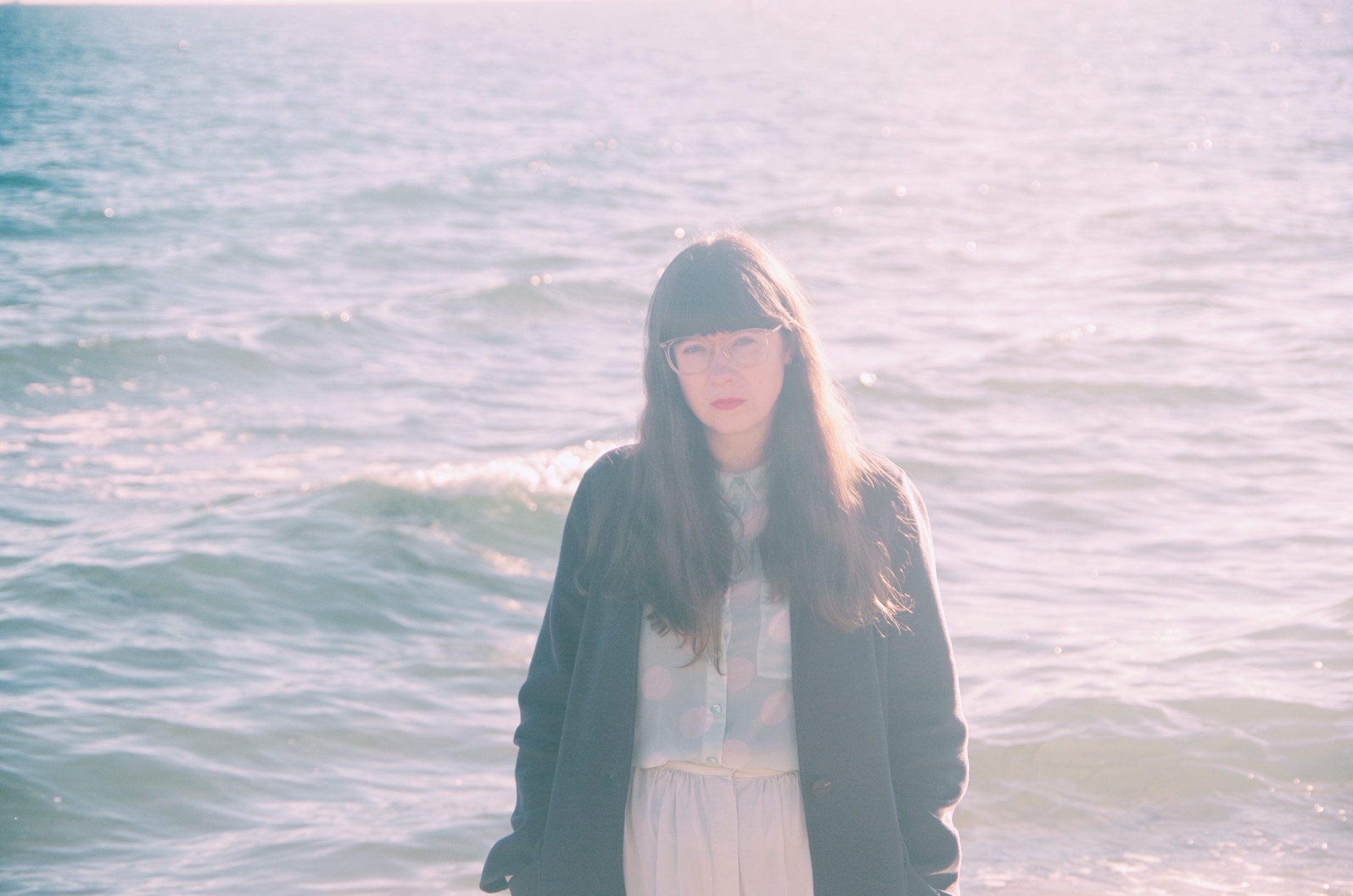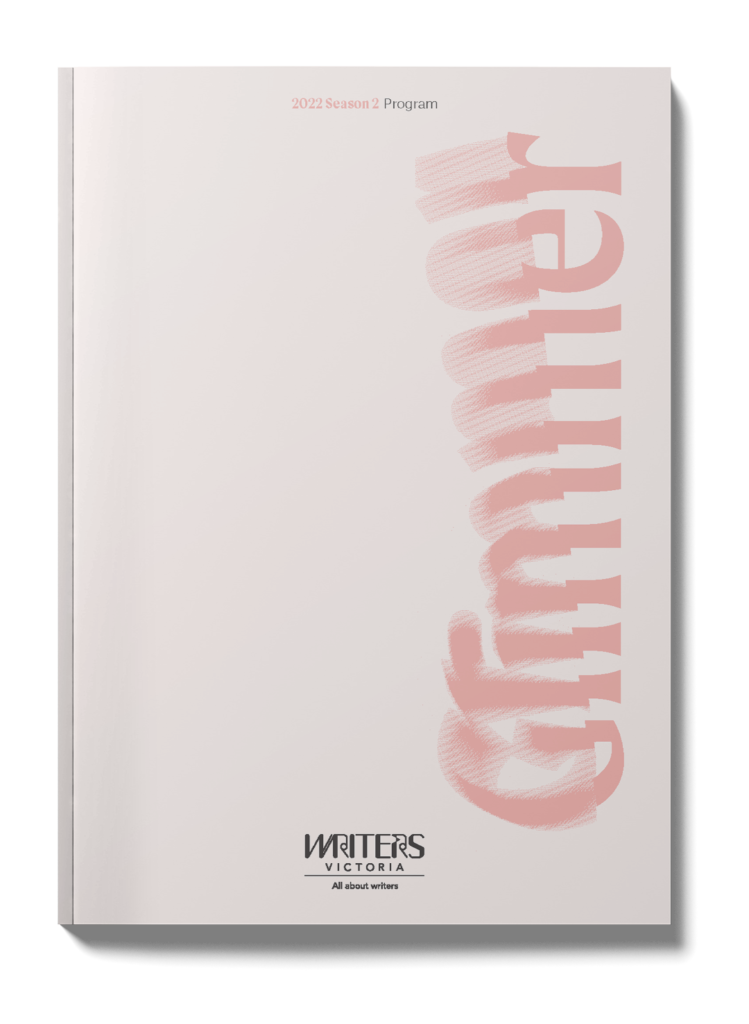
I started daydreaming about the Season 2 program before I started working at Writers Victoria, before I knew that our theme for this year was Glimmer. It feels appropriate, though, because my experience of the past few months, putting this program together, has been one of bright sequins twinkling on the horizon. I feel extremely fortunate that so many brilliant writers and tutors agreed to the ideas that I proposed and, in many cases, proposed their own ideas.
This is my first program for Writers Victoria, and I’ve been thinking, as it’s come together, about the ways in which it has both shaped and been shaped by my own views on creative workshops. I have, unsurprisingly, some fairly strong opinions about writing and pedagogy. This program, though, is largely the result of listening to other writers. I’ve thought about areas where writers I’ve spoken to struggle and programmed workshops that might help; I’ve contemplated the strengths of certain writers and suggested topics that take advantage of those.
I am a writer, too, though, and my approach to programming is inevitably informed by this. I joke, often, that my own writing process involves weeping for a day or two before I start to write, but in truth it’s more that I research and think and talk to people, take way too many notes and wait for lightning to strike, crying because lightning is never guaranteed and crying, too, because electrical storms are dangerous. I view literary inspiration as a little mystical, mysterious, shooting down from the sky in a scintillating flash; each time I finish an essay or story I’m afraid that I’ll never be able to repeat it. This sense of writing as celestial, ungovernable, might appear at odds with a steady belief in the value of writing workshops, of receiving feedback and developing community, but I don’t think that it is, really: it takes dedication, sustained attention and the support of other writers to make sense of something so elemental.
In trying to articulate the way that seminars and workshops operate within this metaphor, I keep returning to Walter de Maria’s The Lightning Field, a seminal piece of land art completed in 1977. The Lightning Field consists of an enormous expanse in New Mexico, an area with high lightning activity, lined with stainless steel rods; visitors stay overnight, in small groups, and watch and wander through the landscape as the light changes.

It is hard to know what will change your writing before you encounter it: perhaps it’s a sentence that you haven’t read before, a meeting with your literary idol, a glimpse of pyrite in dappled light or a shift of the moon. I think that the best writing workshops are like Walter de Maria’s Lightning Field; they are places where lightning might strike, where there’s an electric current in the air and space is arranged so that you can register the shape of that lightning. They’re opportunities to focus and channel the generative potential of a storm, places where you meet other writers who are looking for lightning, too, and dance in the rain and wind, or perhaps just send your characters out to dance while you stay dry and safe, watching from an ideally positioned cabin.
“A full experience of The Lightning Field does not depend upon the occurrence of lightning,” notes the description on the website of the Dia Art Foundation, who administer it. The otherworldly potential of the place is less about lightning than possibility, receptiveness, heightened attention. In looking, we see that there’s more than lightning to be appreciated: fields, clouds and horizons, spectacular sunsets. Once the conditions for lightning are created, we’re able to appreciate other things, too, and once we’ve seen them in a field we’re able to recognise them in our everyday lives.
I have, as I noted, strong opinions about writing and education, but I also love to change my mind, to encounter new ideas and ways of reading the world. I thought of writing, when I began this introduction, as lightning streaking down from the sky, but now I think, instead, that writing is more like the grasses in the fields where the lightning hits, something that’s spent time growing, even if it’s most astonishing when it’s suddenly illuminated by a flash. It’s not celestial, then, but grounded.
I’m sure I’ll change my mind, again, about all of this. One of the joys of this job is meeting and talking to writers who think in different ways and work in different genres to myself, who are at different points in their lives and their careers, and learning about what those writers might want, coming to see things differently. I’ll always welcome your feedback on our program, and you can email me at [email protected].
I hope, in the meantime, that our Season 2 program provides both the possibility of lightning and the necessary grounding for your creative work.
Anna Kate Blair
Explore the 2022 Season 2 Program on our website; or download a print copy of the program.
